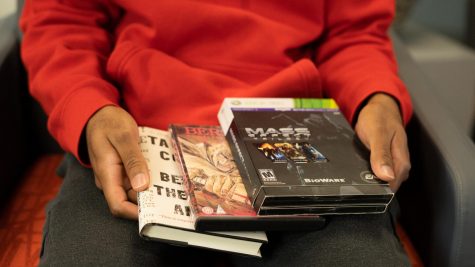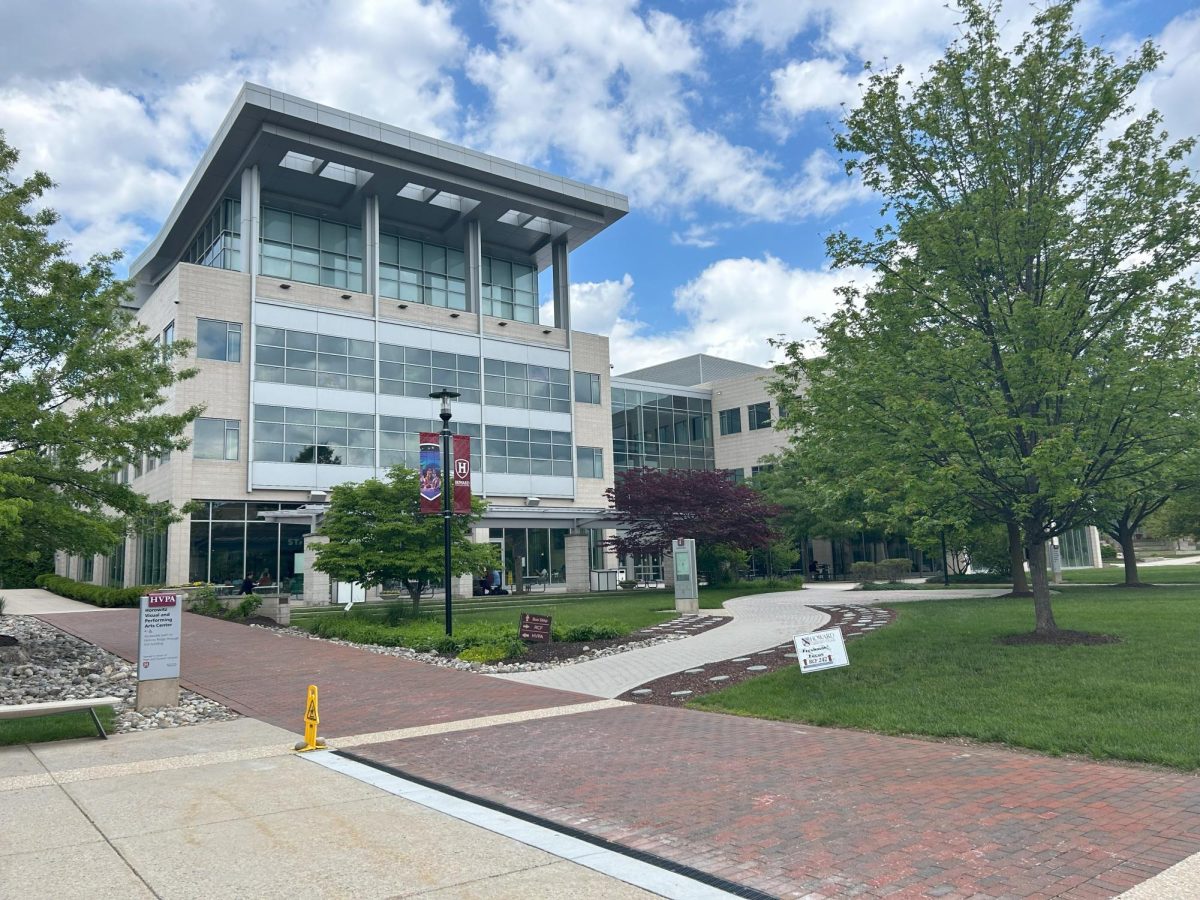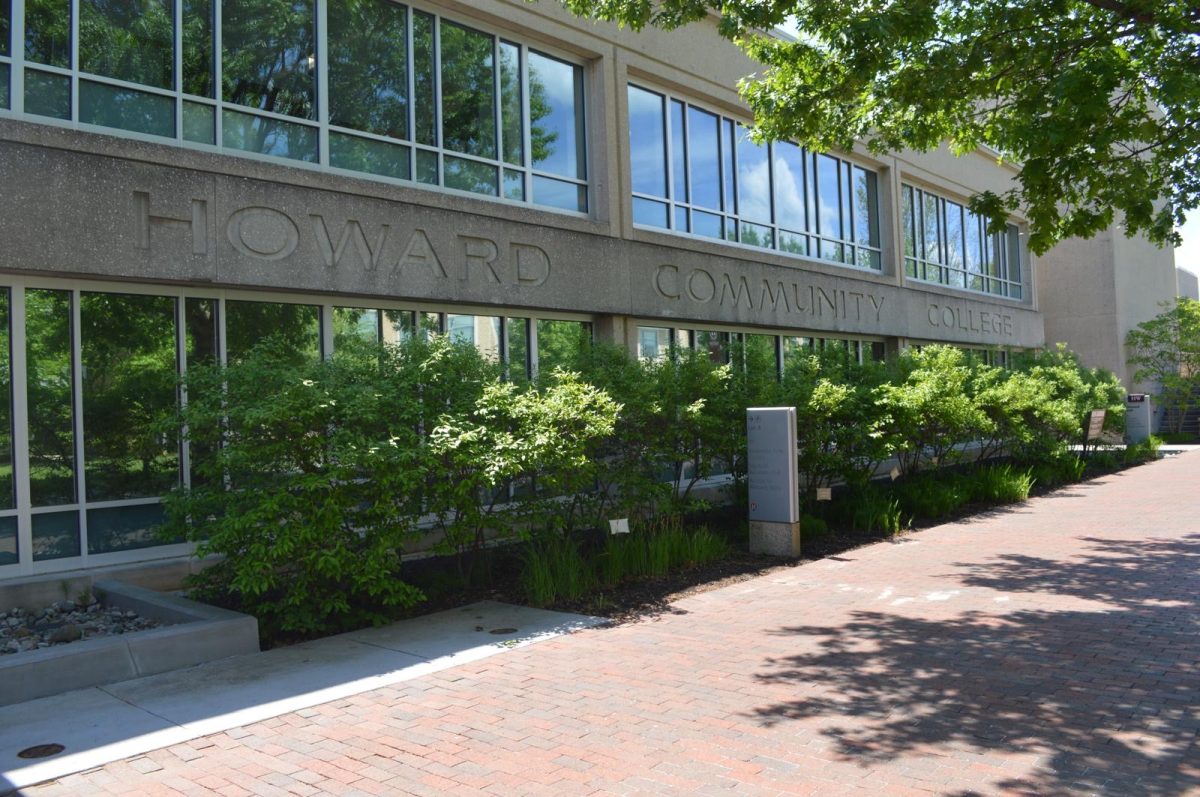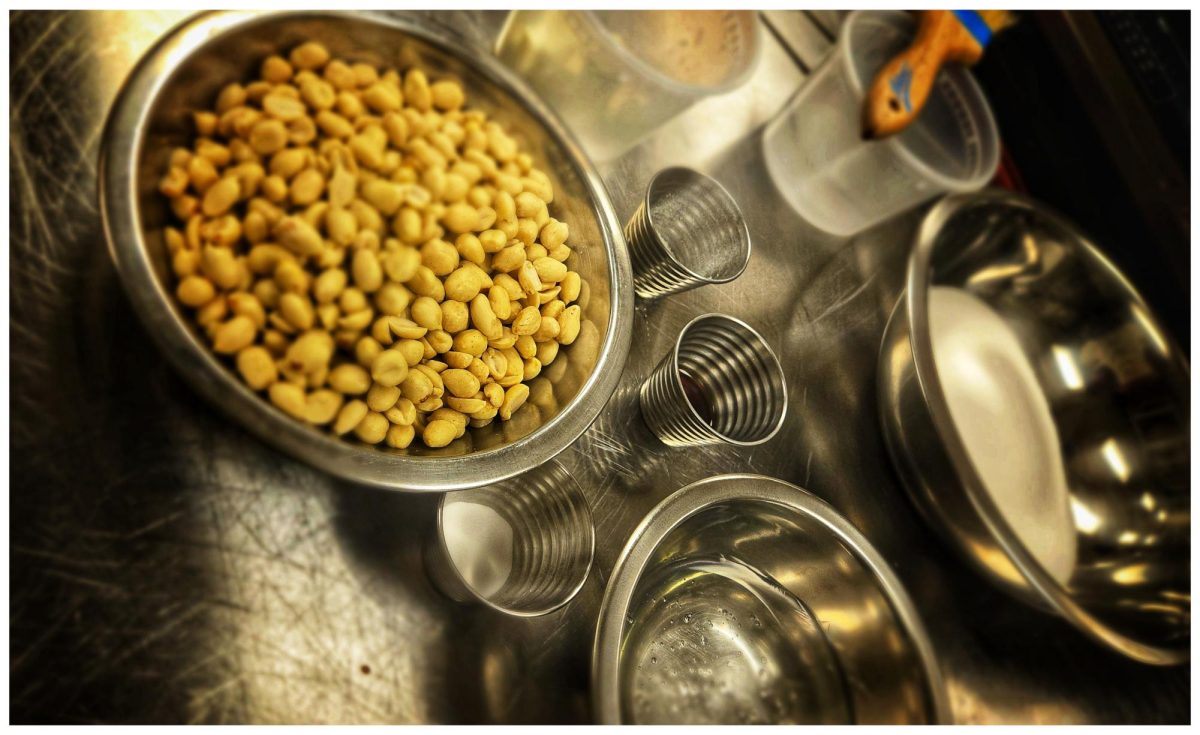The Forgiving of Amber Guyger
When Is Enough, Enough?
October 22, 2019
On October 1st, the trial of Amber Guyger came to an end, but the cries of racial, as well as occupational injustice, did not. For many, the fact that a convicted murderer was only sentenced to 10 years was unsatisfactory. Besides this, it is what happened after the verdict that charged a socio-political maelstrom. During the trial, Brandt Jean, younger brother of the late Botham Jean, forgave and hug the Guyger, telling to seek forgiveness in God. Not only that but the judge of the trial, on top of hugging Guyger, handed her a Bible. A security officer was also seen sympathetically stroking the hair of the convicted murderer. Across the nation and the internet, two striking, similarly polarizing reactions perspectives arose from this situation. One, particularly the popular media, saw it as a show of heartwarming compassion and vigilant humanism. Conversely, the other side viewed it as a docile kindness; one conditioned by religion, faith, and a racist society to unconditionally love its oppressor.
Anyhow, there is one concrete commonality in the event: the three giving forgiveness are black and the one receiving it is
white. This is too often the case when it comes to race relations in America. For centuries, it has been the responsibility of black people to extend compassion to those complicit in their oppression. And what did black people receive in return for their willingness to do the virtuous thing? Days after the guilty verdict, Joshua Brown, a key witness of the trial, was shot dead upon exiting his vehicle, of which the Dallas Police Department admits no wrongdoing. Instead, they say, it was a drug deal gone sour, the supposed perpetrators being black males. Though, the public is not exactly buying it, and for good reason. A stunning irony it is that a group of black men who “allegedly” killed another will more likely receive more time in jail than a police officer, somebody whose job bases itself on the ideal ‘protect and serve.’
Also, a woman who goes by Bunny, recorded Guyger moments after she killed Jean. After posting the video online, she subsequently received several hateful messages at her pharmaceutical job which lead to her being fired and subsequently revoked of her credentials, the Atlanta Daily World reports. So much for loving reciprocation. We forgave after slavery, forgave after convict leasing, forgave after Jim Crow and all it entailed, and now forgiving mass incarceration and executions carried out by police and avowed white supremacists. Our quickness to forgive and alleviate white guilt borders on a remnant, collective Stockholm syndrome. Forgiveness is not the all-use key to which unlocks the doors to true freedom, actions must be taken, and policies enacted. Though, the responsibility of fixing a social problem should not solely lie on the afflicted party, who had little to no say in its creation.
White people, it’s past time to own up to the sins of the past and now and, if you truly are an ally and proponent of the Black Lives Matter movement, talk as much about the compassion of Brandt Jean as the execution of Botham Jean, Joshua Brown, and other, less covered black deaths. Speak up when you feel someone is being racially profiled. Raise the voices of people of color. Make mistakes. Listen. Learn. Be better. If you feel like it is not your burden to bear, then it will fall on the shoulders of another Trayvon Martin, another Philandro Castile, another Sandra Bland, another Tamir Rice, another unarmed black body. The fate of the country depends on your continuing compliance or rare defiance. White women, too, need to hold some accountability in their complexities, for, while they suffer under the weight of the reigning patriarchy and rampant misogyny, still, sometimes knowingly, enjoy the benefits of white supremacy.
The reality that one white woman’s tears prompt more empathy and action than the death of an unarmed black man, speaks to the power white women could utilize to fight for all people and not just their own. Minority communities are always the precursor to devastating social problems. Just as the crack epidemic was to blacks and Latinos, opioids are to whites. Just as gun violence has been the bane of improvised neighborhoods for decades, school shootings are to those in the middle class and affluent areas. Just as lead, contaminated water, and dirty air have done irreversible damage to poor kids, the climate crisis will affect everyone. Just as blacks and Latinos have been at the abuse of police for decades, a white Australian woman was unjustly slain by a Minnesota police officer. Pay attention, for the persecution of one sect of the population eventually leads to that of another. Martin Luther King Jr., whose assassination Guyger made jokes about, once said: “Injustice anywhere is a threat to justice everywhere.” The black race is not a monolithic one, though, if there is one thing all black people want, it is to be treated as a human being. After living, surviving, and, despite the constraints, thriving on this continent for a little over 400 years, it still seems too high a demand for America to fulfill. In Fort Worth, Texas, coming weeks after the Amber Guyger guilty verdict, Atatiana K. Jefferson is shot and killed in her own home by a police officer. She was playing video games with her nephew.






